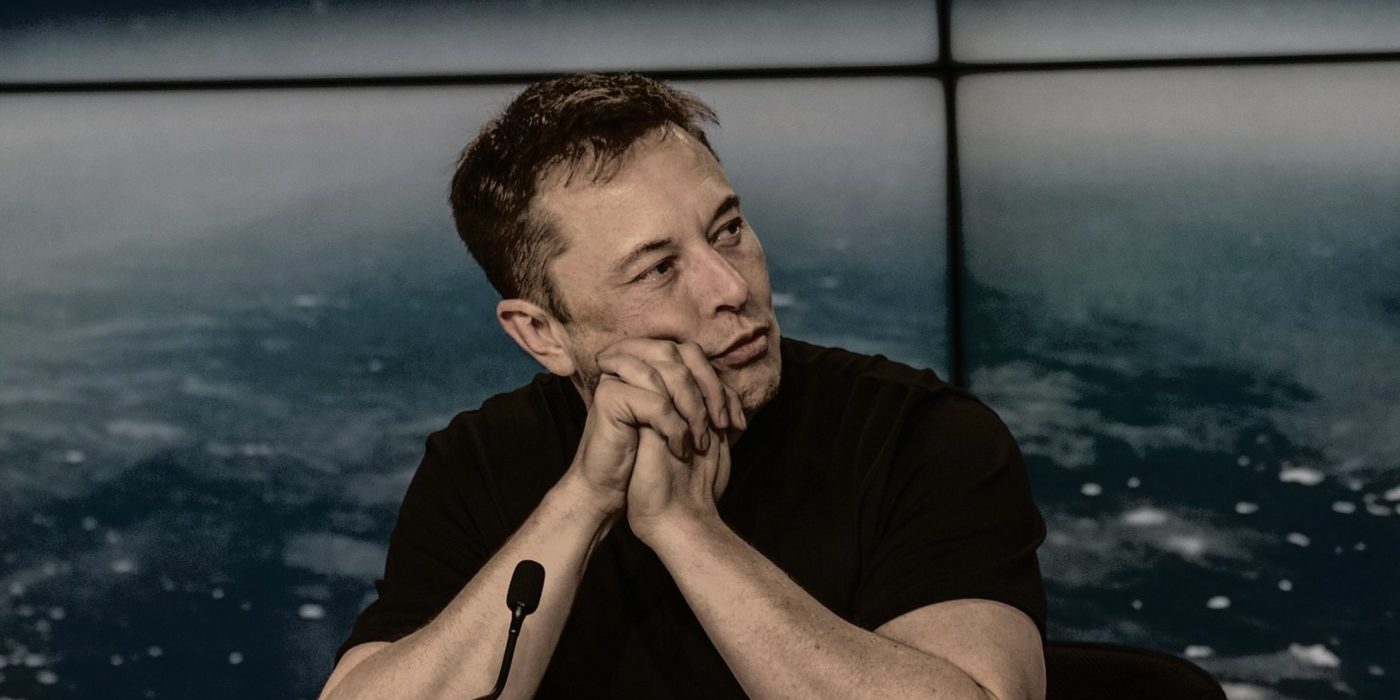Elon Musk and the takeover of X: A billionaire’s vanity project
Elon Musk’s acquisition of Twitter, rebranded as X, was supposed to mark the beginning of a new era of free speech and open dialogue. Rather, the platform has reverted to a political manipulation and censorship quagmire. Musk, the self-proclaimed ‘free speech absolutist’, has revealed himself to be anything but. Under his leadership, X has become a platform where misinformation thrives, dissent is silent, and a billionaire’s agenda takes precedence.
A Declining Platform
Since Musk’s takeover, X has experienced a steep decline in both user trust and functionality with the platform losing over 115,000 users in a single day following the U.S. presidential election, including high-profile figures such as Stephen King and Don Lemon.
X’s user experience has hugely suffered under Musk’s leadership. The recent introduction of features such as hidden engagement metrics, although claimed to be improvements, seems designed to obscure the platform’s declining activity levels. Many users, particularly those who criticise Musk or promote progressive causes, have reported dramatic drops in their visibility and reach.
The decision to force users into participating in AI training programs through updated terms of service has further alienated the platform’s audience. This blatant monetisation of user data erodes confidence and reveals Musk’s real priorities: power and profit.
Censorship and Hypocrisy
Musk’s hypocrisy is staggering. He acts as a champion of free speech, but his actions show the desire to control. Musk has publicly attacked well-known left-leaning people and groups, deleting posts that don’t agree with his political or personal views and suspending accounts. Entire news outlets, such as NPR and The Guardian, have been driven off the platform due to Musk’s disdain for critical reporting. Paradoxically, Musk has reinstated the accounts of numerous divisive figures under the pretence of free speech, including Alex Jones who spread conspiracy theories regarding the Sandy Hook school shooting, as well as others such as Donald Trump, Kanye West and Andrew Tate, who were all banned for inciting violence.
Musk’s claim of creating an open public platform has instead collapsed into a caricature of authoritarian control, with the richest man in the world deciding which voices are amplified and which are silenced.
Additionally, he recently admitted to deprioritising posts which include links to third-party sites, effectively censoring content to supposedly combat “lazy linking.” Users are now encouraged to bury links in replies, making the platform less useful for journalists, researchers and frankly anyone seeking reliable information. These actions demonstrate that Musk’s claim of creating an open public platform has instead collapsed into a caricature of authoritarian control, with the richest man in the world deciding which voices are amplified and which are silenced.
An Authoritarian Playground
Musk’s authoritarian streak is most evident in his blatant politicisation of X. During a widely criticised interview with Trump, Musk allowed the former president to spout several blatant lies without a hint of fact-checking, including debunked claims about election fraud and false immigration statistics. This wasn’t journalism or a commitment to truth. It was Musk offering a lenient platform to one of the most polarising figures in modern politics. He has also dismantled X’s Trust and Safety Council which mitigated hate speech and propaganda, leaving users vulnerable to harassment and cementing X as a tool for spreading misinformation.
Musk’s personal biases are now embedded into the platform’s infrastructure which he used to increase Republican voter turnout in swing states.
Researchers from the University of Washington also found that the majority of X’s information is provided by right-leaning “newsbroker” accounts, which frequently lack journalistic standards. Musk personally promotes these accounts, and they routinely perform better than conventional news sources. For instance, following the July 13th Trump assassination attempt, nine right-wing accounts received 12 times the engagement of major news outlets reporting on the same event, establishing X as a megaphone for far-right voices.
More alarmingly, Musk’s personal biases are now embedded into the platform’s infrastructure which he used to increase Republican voter turnout in swing states by hosting events, promoting hashtags and offering daily million-dollar giveaways, further solidifying the platform’s partisanship. These actions reveal the chilling reality that Musk is manipulating X to promote his political objectives.
The Rise of Rival Platforms
As X declines, rival platforms such as Bluesky, Threads and Mastodon are rapidly growing. Bluesky, created by former Twitter CEO Jack Dorsey, has become popular among users who miss the vibrant energy of Twitter’s early days. While Mastodon emphasises user control and decentralisation, making it appealing to tech-savvy people, Threads, which is backed by Instagram’s infrastructure, provides a more favoured choice for casual users.
Despite not having X’s reach, these platforms’ growth suggests that people are becoming increasingly keen on alternatives. It is evident that users will no longer put up with a platform that prioritises the ego of a billionaire over the needs of its users.
A Tyrant in the Digital Age
Platforms which once promoted democratic participation are now being used as weapons of control.
Musk’s hypocrisy is not just a personal failing, it is a symptom of a larger issue. When billionaires rule over global platforms, they have unmatched influence across public opinion. X has become a digital dictatorship where Musk alone determines what is appropriate through his erratic choices, capricious censorship, and overt political manipulation.
However, this isn’t simply about Musk or X; it is a warning for the future of social media. Platforms which once promoted democratic participation are now being used as weapons of control. Musk’s takeover is a sobering reminder that no one man, no matter how wealthy or influential, should have the power to shape global conversations to serve his own ego and ideology
Though as users flee to alternative platforms which value transparency, community and accountability, they are sending a message that I hope will persist: we won’t accept a world where free expression is dictated by the whims of a hypocritical authoritarian tyrant.

Comments